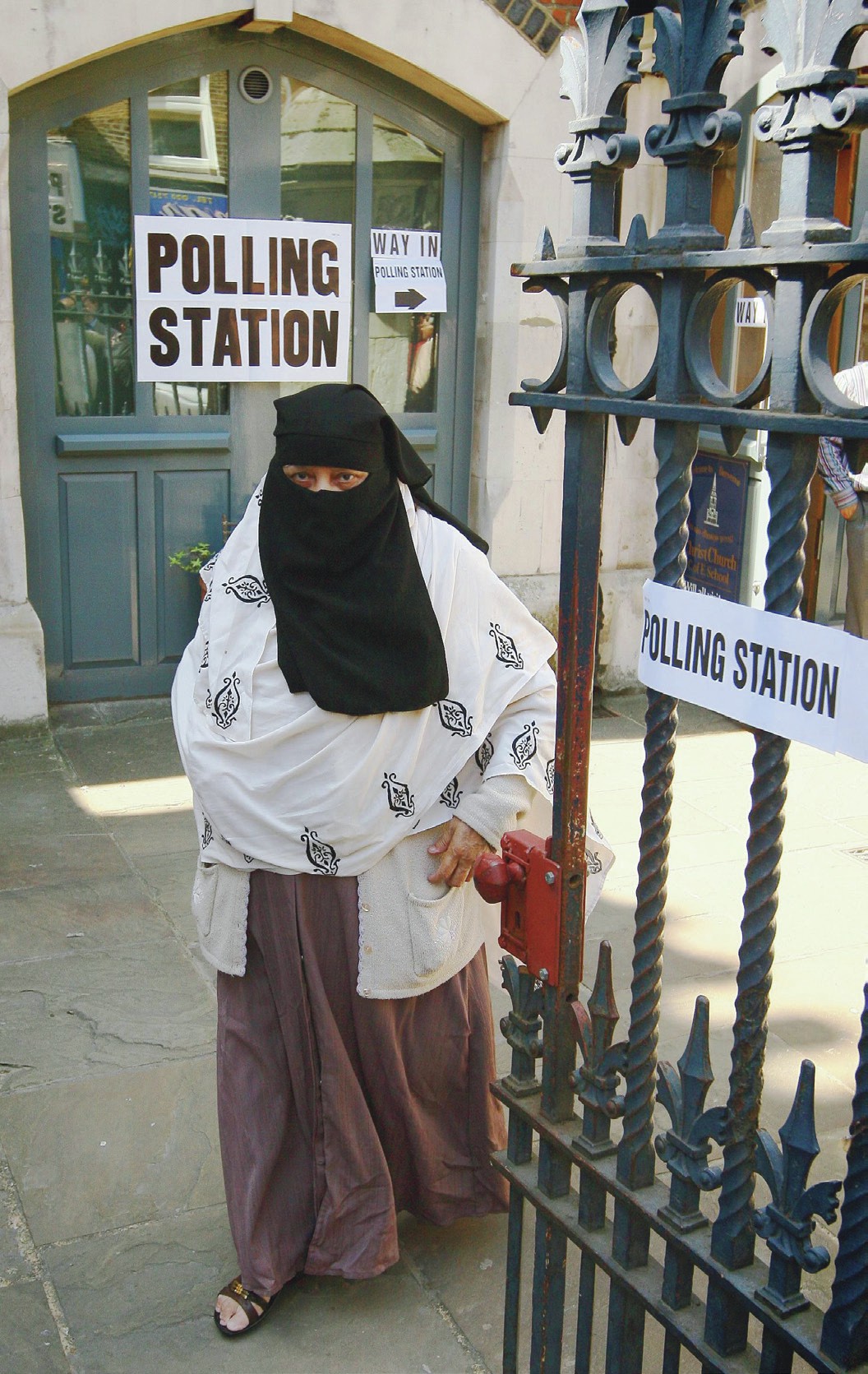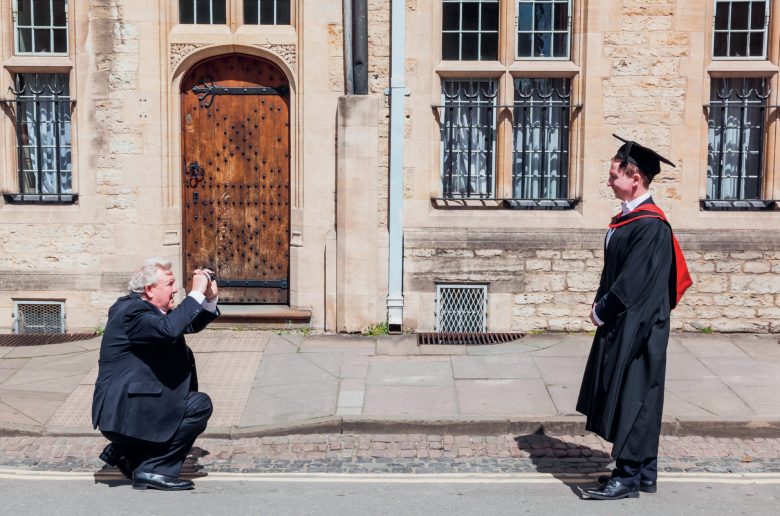
Ben Clements takes an interesting look at the relationship between religious affiliation and voting behaviour, pointing out that before the emergence of social class as a major factor in determining voting behaviour, membership of different religious groups played an important role. Despite its decline in significance, religious affiliation is still important when making electoral choices. The author points out that in Britain’s multi-faith society, looking only at Christian denominations and voting is no longer sufficient, so here he takes a look at both Christian denominations and some of the faiths followed by members of the minority ethnic population, using voting choice in the May 2010 general election. Note the two different studies used, which also give examples of the use of quantitative data collection. The information here will be equally useful to the topics of ‘Religion’ and ‘Politics’, and could also be used by students taking the ‘Culture and identity’ option.
For analysts of voting and elections in Britain, social class has been the primary social division structuring how votes are cast at general elections in the period after the Second World War. As Pulzer (1967, p. 102) famously summed up the key influence on voting and elections in this period: ‘Class is the basis of British party politics; all else is embellishment and detail.’
Your organisation does not have access to this article.
Sign up today to give your students the edge they need to achieve their best grades with subject expertise
Subscribe




